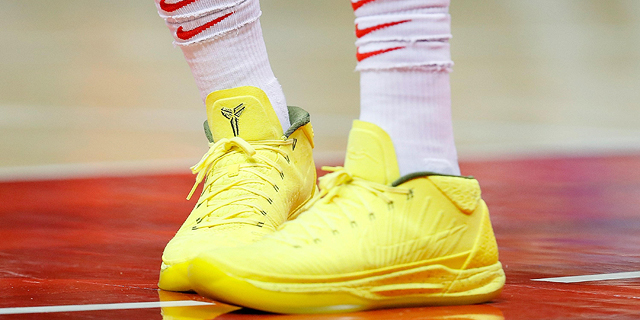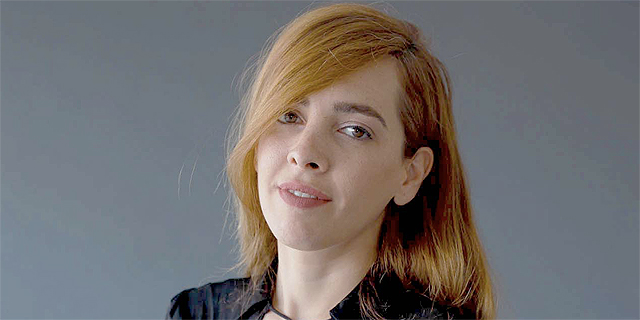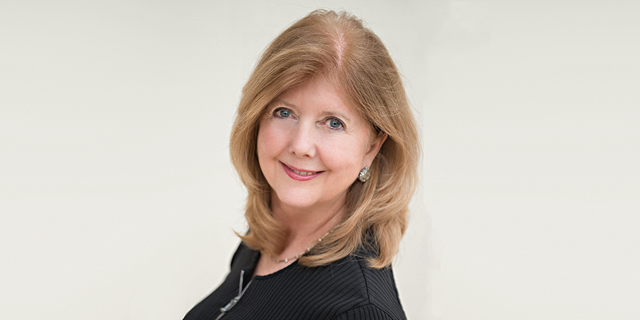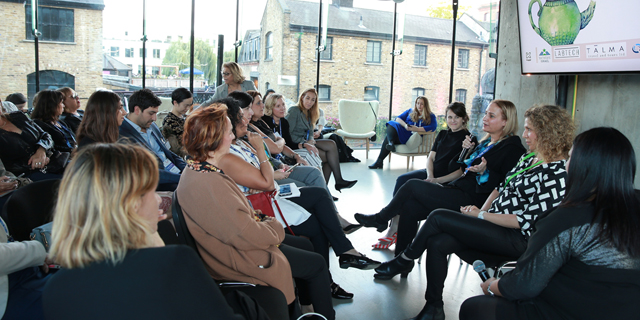
If the shoe fits: MIT Enterprise Forum calls on entrepreneurs to take part in FemTech Foundry 2020
As the market catches on to the potential of tech that provide for women’s needs, organizers wish to give women the tools to capitalize on the opportunity
If your social media feeds have suddenly become flooded with pictures of women’s feet, have no fear, Facebook hasn’t figured out your fetish just yet. The photos are part of a viral campaign launched by digital marketing creative agency Brainnu to raise awareness of the MIT Enterprise Forum’s FemTech Foundry, its upcoming consultancy program.
The campaign, the brainchild of Brainnu’s CEO Shany Hadad who undertook it pro-bono because of her support of the cause, asked women entrepreneurs and influencers to take a photo of their feet in their favorite shoes and post them on social media together with a brief description of their most important decision as a manager, founder or investor and tag three other women they respect or admire, all under the hashtag #my_way.
The photos came rushing in, ranging from elegant high heels to practical flats to running shoes and panda slippers.
MIT Forum’s FemTech Foundry is set to begin on August 5th with registration closing in a few days. The foundry will include a small cohort of just 12 women entrepreneurs, or male entrepreneurs active in the FemTech sector, selected to take part in the intense nine-week program organized by the MIT Enterprise Forum of Israel, matching the participants with leading local and international industry professionals who will mentor them through the steps of founding a startup, raising money, managing a growing business and hopefully becoming an effective growth engine.
One woman who may be showing off her own slippers during the program is Gwen Edwards, a 30-year business development veteran in the U.S. technology market, who together with Gail Gannon, another U.S.-based expert on building successful businesses, is running the program.
Edwards, who due to Covid-19 travel bans cannot attend the program in person, will be joining the activities remotely from the West Coast, possibly in her pajamas due to the 10-hour time difference.
“How to build a company is something that you never learn in business school. It’s a huge challenge and you often feel alone in the universe,” Edwards told CTech in an interview. “The program will help the participants understand what an investable company is, what the attributes that investors seek are, what the risk-opportunity payoff looks like from the potential backers’ perspective. They have to be ready to check off all the boxes in the scorecard.”
While those lessons are valuable for any entrepreneur, when it comes to women, Edwards said, the coaching and preparation need to go even deeper.
Edwards, who is the chairwoman of the Angel Resource Institute, a non profit service organization focused on research and education relevant to the angel investment community and the managing director and co-founder of the Silicon Valley Chapter of Golden Seeds, said that there is a difference between how men and women behave when meeting with investors. Men tend to be bolder and gutsier, operating on intuition, while women are often more cautious and correct.
“We will talk about that dynamic and prepare the participants for the types of questions they will be asked,” she said.
Edwards, who overflows with data on the FemTech sector and women entrepreneurs said that statistics show that 70% of the time that a women-led company receives funding, there was a woman on the decision-making team, which she said reflects how key it is to have more women in the room. As of now, they only make up 6% of decision-makers in VC firms.
“When I was working my way up, there were few or no women to help,” recalled Edwards. “There was even something called the Queen Bee Syndrome, which was that women who had reached prominent positions were reluctant to help others. Thankfully that doesn’t really exist anymore.”
Of course, FemTech is not only a women’s industry, and includes any product or solution that predominantly caters to women’s needs —so far mainly, though definitely not limited, to women’s health. But the industry is slanted towards women entrepreneurs likely because, as Edwards said, women are more in tune with the needs.
That may change when the full potential of the field is better appreciated. With a Frost and Sullivan report forecasting that FemTech will be a $50 billion industry by 2025, people are already taking notice and the number and value of investments are climbing each year.
According to Edwards, we are already starting to see companies vying to become the leaders in the FemTech market and she predicts the next few years will likely see battles over market dominance.
“In 2019, a record $563 million was invested in projects in the field of FemTech, and this only shows that awareness of this field and audience is growing,” Hadad, the CEO of Brainnu said. In an interview with CTech, she added that the increase in awareness and investment in FemTech is primarily due to the market waking up to the fact that there are profits to be found in segmented and personalized marketing and that women have long been overlooked as economic decision-makers. “You can get better ROI when marketing products and services to women, but men often don’t even have their needs on the radar,” Hadad said.
In Israel too, a strong FemTech industry is beginning to emerge. According to figures compiled by MIT Enterprise Forum Israel chair Ayla Matalon and the IVC research center, there are more than 100 companies in Israel that focus on women’s health, with some considered leaders in their fields. While women currently make up only 7% of the entrepreneurial community in Israel, that number is expected to rise as more FemTech companies get founded, many by women.
“What we like to tell the women who we back is that‘in five years you will be an angel yourself,’” Edwards said, reflecting the supportive approach that will be on display during the FemTech Foundry program and its goal of spreading the knowledge to help others reach their goals. “When it comes to tech startups there is no glass ceiling to break through. It’s all about access. There is enough wealth out there to tap in to, we just need to go for it.”
“As the owner of the only all-female creative marketing agency in Israel, I am very happy to take an active part and promote a project with such an important global impact,” Hadad said.
“We have made it our mission to lead such projects out of a genuine ambition to give a boost to such issues, especially in the digital age. I aspire for more women to join the business circle not only as employees or executives but also as outstanding entrepreneurs making waves around the world.“
She Entrepreneurs is a joint initiative of the MIT Enterprise Forum Israel, the U.S. Embassy in Israel, and POWER: Providing Opportunities for Women’s Economic Rise.


